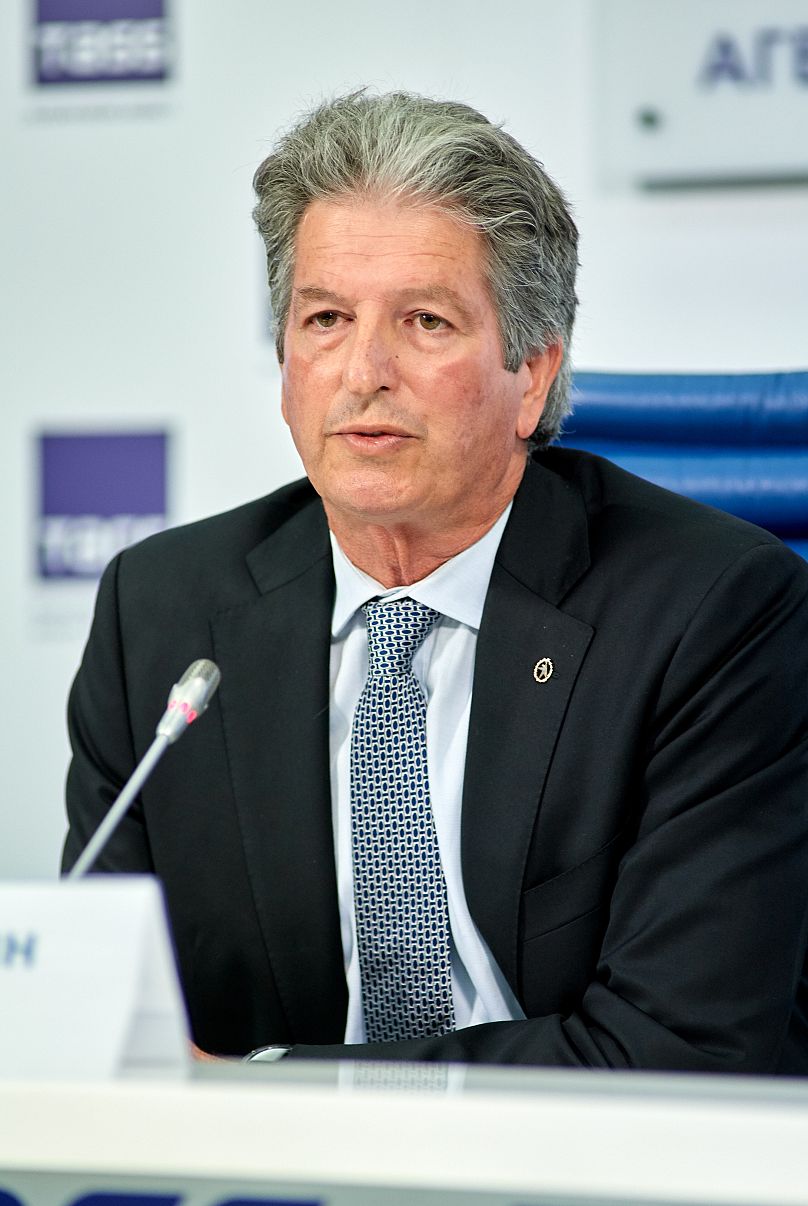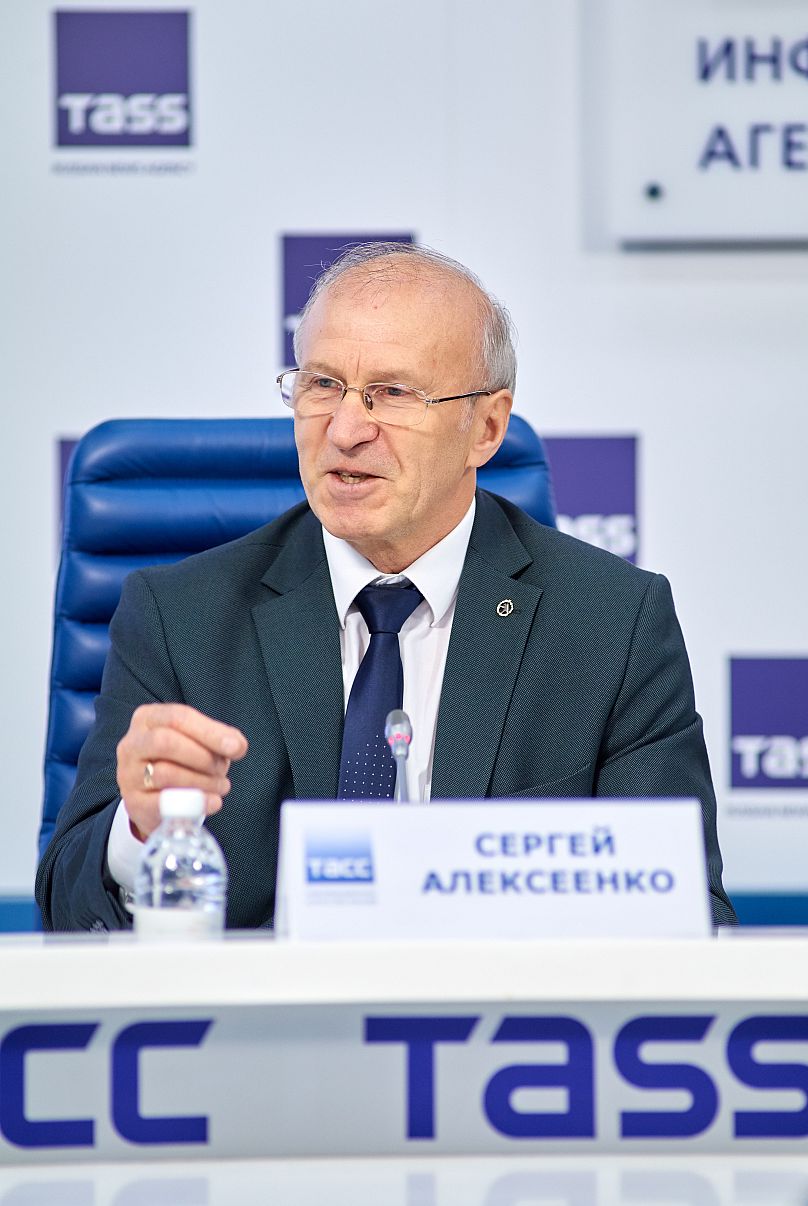This year's laureates of the Global Energy Prize, Sergey Alekseenko from Russia and Martin Green from Australia, have been awarded at a ceremony during Russian Energy Week. We found out more about them.
 ADVERTISEMENT
ADVERTISEMENT
 ADVERTISEMENT
ADVERTISEMENT
Martin Green
Martin Green is from Brisbane, Australia, and is a world-leading specialist in monocrystalline and polycrystalline silicon solar cells. He is credited with revolutionising the efficiency and cost of solar panels and has been described as the "father of modern pholtovoltaics".
His research has been consistently ahead of the field. In 1989 his team provided the solar cells for the first photovoltaic system with an energy conversion efficiency of 20%. He led the team that, in 2014, first demonstrated that sunlight could be converted into electricity with a 40% efficiency.
Amongst his achievements rank his founding of the world's largest pholtovoltaic power engineering research group at the University of New South Wales in Sydney, and his invention the PERC solar cell, which is more efficient, and cheaper, than standard solar cells.
He told The Global Energy Prize that "I was trained in microelectronics, but chose to take up solar research early in my career, since this seemed like a much more challenging and rewarding career path. The reason solar is going to be so important in the world's energy future is that it provides... thousands of times more energy than the world is ever likely to need".
Sergey Alekseenko
Russian-born Sergey Alekseenko is an expert in the field of thermophysics, energy, and energy-saving. He has been awarded the Global Energy Prize for his research in the field of thermal power engineering and heat transfer systems. This work has been pivotal to the development of modern power- and energy-saving equipment, and has contributed to the development of modern, environmentally-friendly combined heat and power (CHP) plants.
Sergey Alekseenko has been instrumental in the testing of technology designed to prepare and process coal-water fuel. This fuel is a combination of coal particles, water, and additives (1%). It burns more cleanly and efficiently and has lower emissions than conventional coal. It is also free of coal dust or the danger of spontaneous combustion.
Experimental tests have been conducted on 2MW and 10MW boilers. The latter is particularly important because it has sufficient capacity to power small-scale plants.
"When everything is taken into account, then our reserves of organic fuel will last approximately 1,000 years with current levels of energy consumption. This is quite a long time, but given the environmental problems with the burning of fossil fuels, we must find new ways of processing coal, oil and gas," Sergey Alekseenko explains.
With 33 patents to his name, Sergey Alekseenko is also seen as the initiator of widespread use of the Earth's internal heat, known as petrothermal energy.


